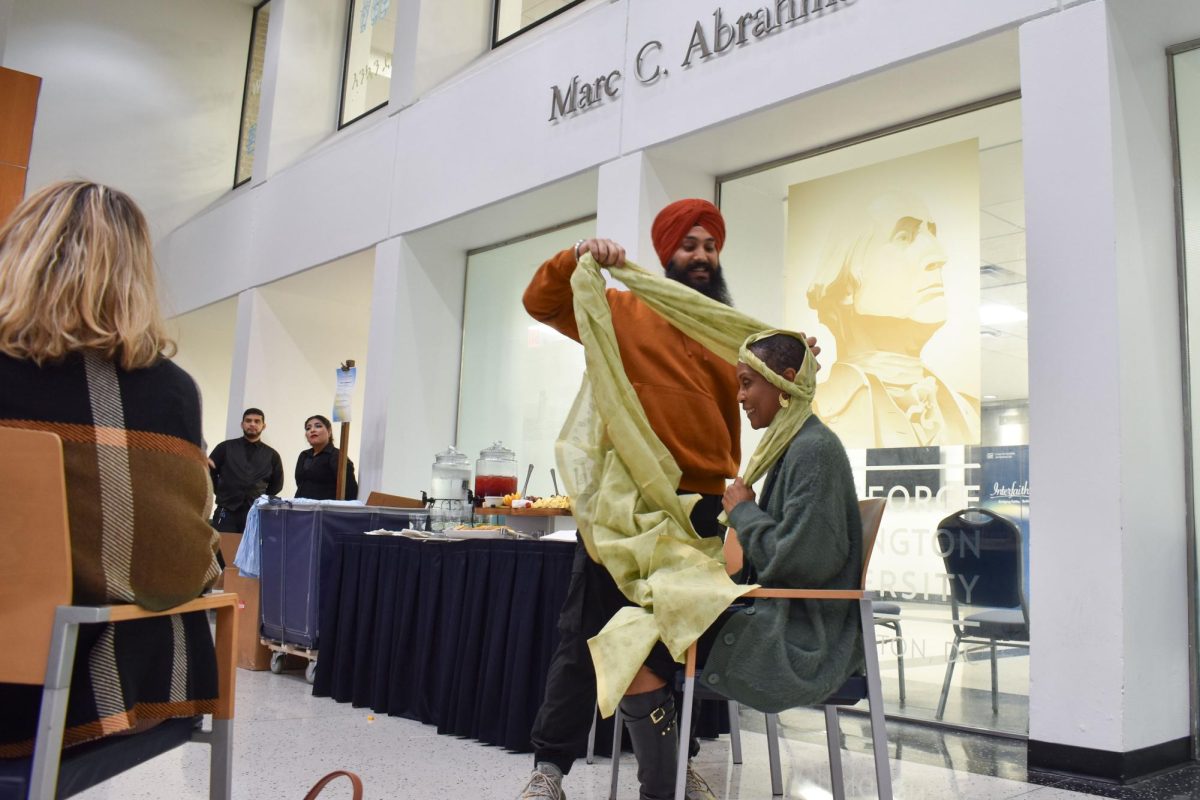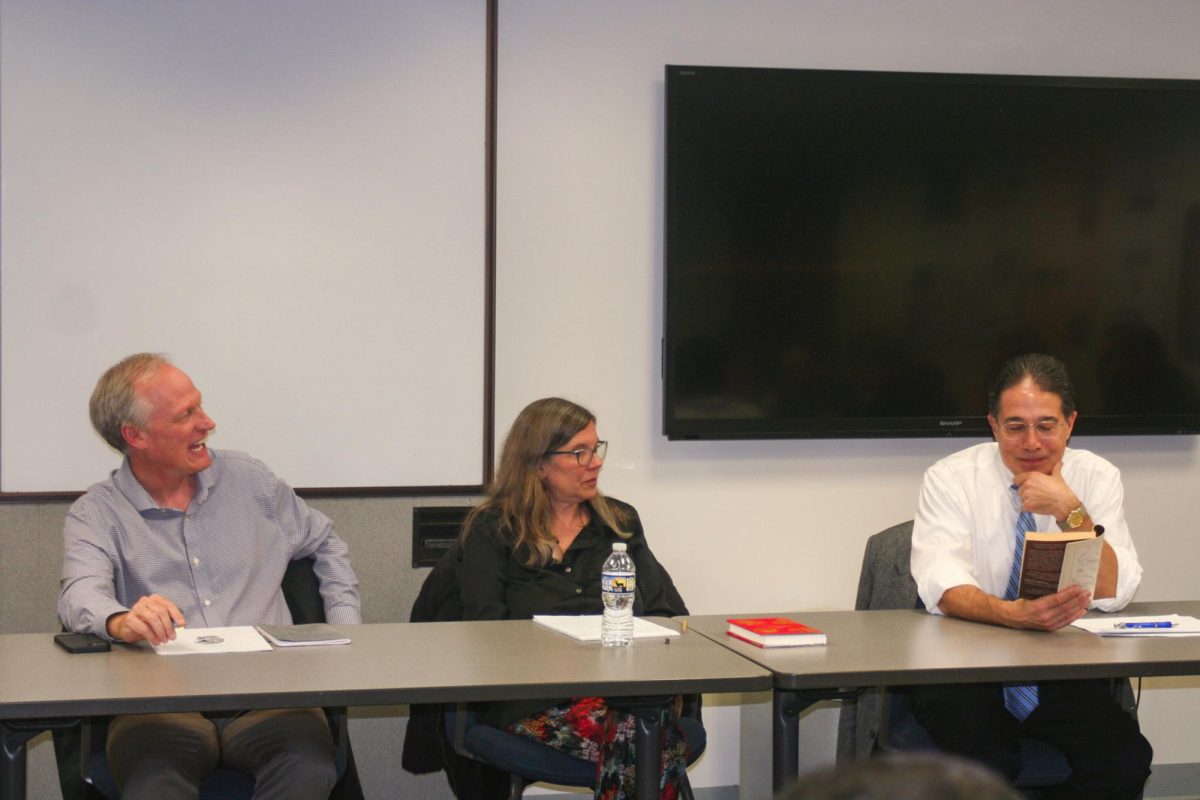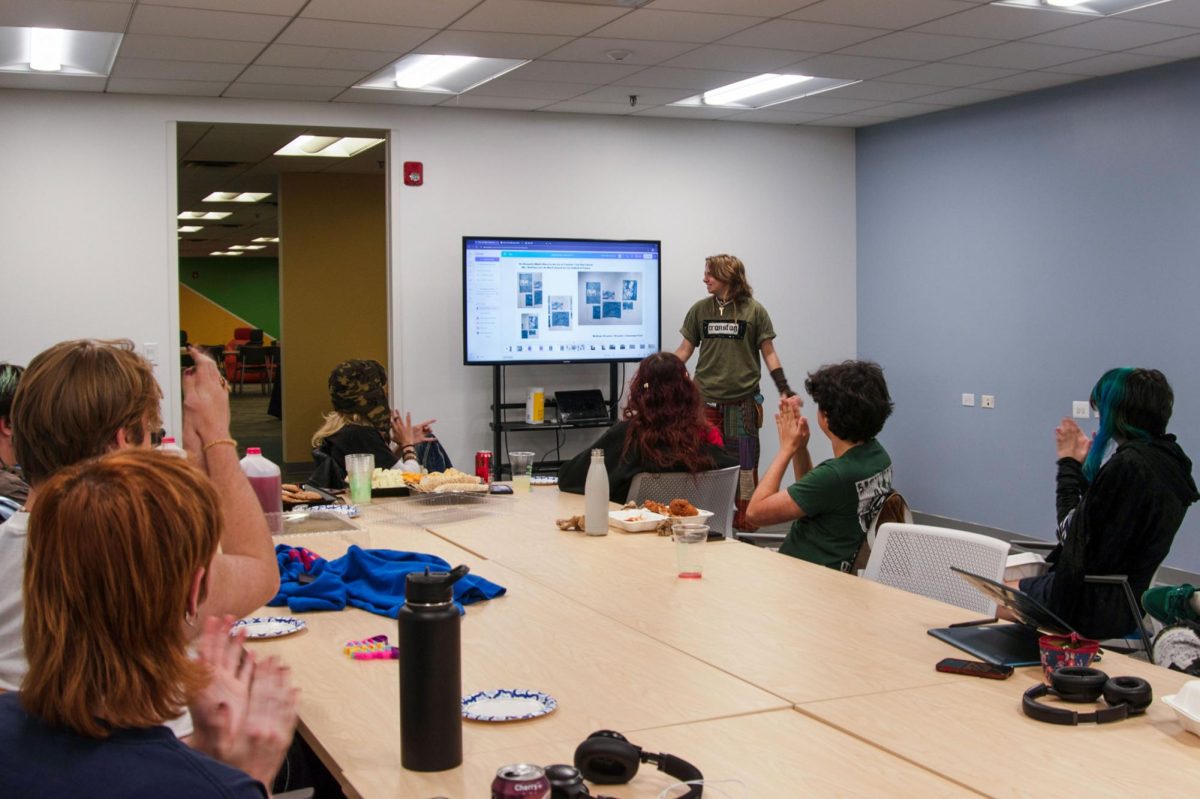Updated: Feb. 23, 2020 at 12:09 p.m.
Seven students organized a donation drive to send 1,500 pounds of medical supplies to Chinese people affected by the coronavirus outbreak.
The virus has infected more than 75,000 people worldwide and killed more than 2,000 as of Wednesday, and public health experts are concerned that the outbreak could balloon into a pandemic soon. Students said almost 140 individuals and organizations donated medical items like gloves, masks and lab protection coats through the drive to provide needed aid to fight the disease in a region running short on necessary supplies.
Jiaxiu Han, a first-year graduate student studying Asian studies, said he was inspired to participate in the drive after a former middle school classmate, currently a doctoral student in North Carolina, reached out to him. He said the classmate told him he bought a “whole trunk” of respirators that he wanted to ship to China to help out.
“The whole trunk of respirators is going to cost a lot of money, so I had to help this guy to get his donation home,” Han said.
He said he eventually found a shipping route and directed his friend to mail his supplies from North Carolina to Wuhan, China, the center of the outbreak, through New York and Baghdad, Iraq.
Han said one of the other student organizers of the drive who saw his social media posts about the issue asked him to participate in an “East Coast donation drive.” Other organizers of the drive are former members of the Chinese Students and Scholars Association and have experience in running a drive, he said.
Han led the drive along with six undergraduate students in the Elliott School of International Affairs – Mingran Cao, Ruizhe Ding, Kevin Gong, Jiani He, Ruomeng Huang and Zhiyao Li.
Han said the organizers used social media to spread awareness of the campaign and used one of the organizer’s Venmo accounts to collect funds and purchase goods to send to China. He said the students used his car and rented other cars to take the donations to a package company that transported the supplies to China.
He said the students sent the medical supplies to a hospital in China, adding that 1,300 pounds of supplies arrived on Feb. 6. Han said he is providing updates on the status of the donations to those who donated to verify the drive’s authenticity.
The remaining 200 pounds of supplies arrived Feb. 20, he said.
“Whenever there’s a major disaster, there are people asking for money whether or not they’re using money for charitable purposes,” Han said.
He said the organizers reached out to student groups at GW that are predominantly Chinese or that have many Chinese members, like the International Progress Platform, to solicit donations for the drive.
Gong, one of the drive’s co-organizers and a junior majoring in international affairs, said organizers focused on getting donations from residents based in the District, Maryland and Virginia. He said he heard about the donation drive from friends in the second week of the coronavirus outbreak and felt he “had to do something about it.”
He said the supplies were sent to a hospital at the University of Wuhan, one of the biggest public hospitals in Wuhan. He said the organizers do not have the resources to continue the drive so they are hoping to find and join other groups that are interested in the cause.
“We want to lend our support to the people needing it the most,” Gong said.
He said the students worked with a charitable foundation connected to China to send the donations, and they are updating a balance sheet every day to keep track of how the money is being spent.
“The coronavirus is affecting our country, and it’s not just going to go away,” he said.
Shannon Mallard contributed reporting.
This post has been updated to reflect the following:
An earlier version of this post misrepresented the status of the donations the group sent to China. The article now reflects the current status of the donations. An earlier version of this post also misrepresented the organizers’ ties to the Chinese Student and Scholar Association based on grammatical ambiguity. We regret these errors.








